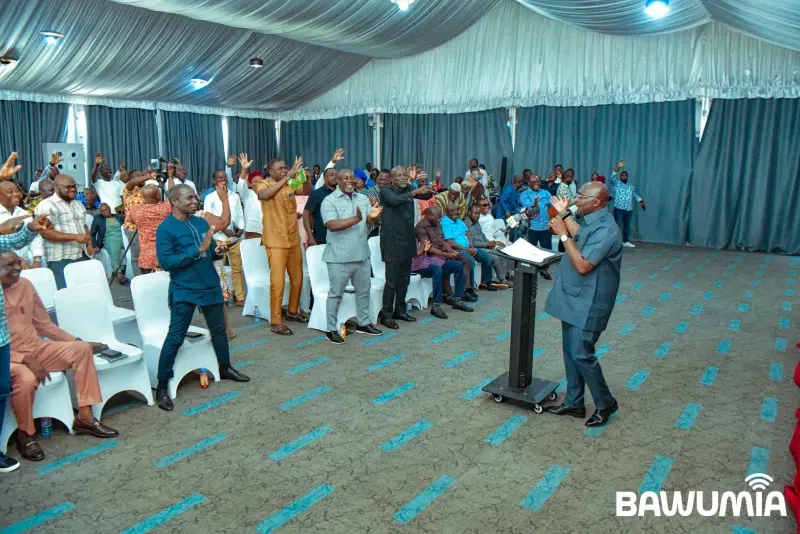Revisiting July 1: Republic Day, Prayer And The Philosophy Of Our Constitutional Identity
Written By: Lt Col Gershom Gameli Klu-Amereka
Discussions surrounding Ghana‘s Fourth Republican Status, achieved three years after independence, have remained contentious. Veteran Journalist Kwesi Pratt, once in a reflective conversation, posed a simple yet profound question: “Why do we call this the Fourth Republic when colonialism did not return with the military regimes?” His inquiry, delivered with the clarity of a man who had seen Ghana evolve through its tumultuous cycles of governance, sparked a constitutional curiosity that has since refused to lie dormant. Indeed, Ghana became a republic on 1st July 1960, formally severing ties with British colonial rule and the symbolic authority of the Crown. This transformation was more than procedural. It was the assertion of Ghanaian sovereignty, the beginning of self-rule unmarred by monarchic oversight. In classical political theory, a REPUBLIC is defined as a political order where the affairs of the state are a ‘RES PUBLICA’ or (a public matter), governed by laws and elected or appointed officials, not by hereditary monarchy. It implies a government of the people, by the people, and for the people, accountable through institutions and laws, rather than dynastic succession or foreign dominion. From this foundational understanding, the designation of First Republic was rightly assigned to that 1960 dispensation under President Kwame Nkrumah. However, as history would painfully show, this republican journey was repeatedly interrupted by military takeovers in 1966, 1972, 1979, and 1981. Each coup violently disrupted constitutional rule but never reinstated colonialism.
The philosophical tension hereforth is, whether or not it is accurate to number republics based on political upheavals if the state’s core identity as a sovereign republic remained intact? Thus, if colonial rule did not return and if we did not surrender again to foreign dominion or monarchical authority, can we genuinely claim to be in a “Fourth” republic, rather than continuing the journey of the one republic that was born in 1960 but repeatedly disrupted? This numbering of Ghana’s republics, Second (1969–1972), Third (1979–1981), and Fourth (1993–present), is not rooted in a change of republican status but rather reflects CONSTITUTIONAL RESETS. They are political bookmarks signalling the end of military rule and the reintroduction of democratic governance. Thus, while the term Fourth Republic may have political and legal utility, it arguably lacks the constitutional purity that the original definition of a republic demands.
As we marked July 1 yesterday, a day whose status as a public holiday has been rightly reinstated into the list of statutory public holidays, we may need to approach it with more solemnity. Rightly so, the President and Commander-In-Chief of the Ghana Armed Forces has, in a move both symbolic and timely, declared it a National Day of Prayer and Thanksgiving. In a nation as religiously devout and increasingly polarised as Ghana, this gesture may serve as a unifying spiritual moment, where faith becomes a bridge and not a barrier. It allows Ghanaians, regardless of creed or sect, to reflect not only on divine providence but also on the moral compass needed to steer the republic forward. Yet, we must not allow solemn prayers to eclipse solemn reflection.
The spirit of July 1 must compel us to examine how we protect our Constitution, how we treat our democratic institutions, and how we redefine the sovereignty we so proudly reclaimed in 1960. To be a republic is not merely to hold elections or declare days of national devotion. It is to live under the rule of law, to respect the voice of the people, and to resist every form of authoritarian relapse, whether in uniform or in suit. As a citizen, student of law, and a soldier, the believe is that Ghana has always remained a republic since 1960. What we must guard against is not the “number” of our republics, but the depth of our republican values, such as accountability, justice, equity, and an unbroken constitutional order.So as the Country prayed through a thanskgiving service yeaterday, may we also lift our eyes to the constitution and remember that true republicanism is not in the counting, but in the keeping.






